|
Two weekends ago I visited the city of Cluj-Napoca, a university town in Romania’s historic Transylvania region. The purpose for visiting Cluj was to meet with World Vision, learn a bit about their community development work in the area, and meet Emma, who my family sponsors through World Vision. Last year I wrote a research paper examining some of the development challenges Romania faces today and their potential underlying causes. I found the case of Romania, and particularly its history of communism, to be absolutely fascinating, so being able to visit the country for the first time was really exciting. World Vision in Romania World Vision first began working in Romania in 1990, one year after the fall of communism, and now are present in several communities around the country (1). They first began with meeting the needs of children in orphanages and working with the government to decrease “the number of children living in institutions and to develop alternative services to institutionalization” (1). One of the World Vision employees I met with in Cluj, Eni, expressed that the heart of their work is community development and they seek to actively include all stakeholders – mayors, schools, doctors, and community leaders – to achieve that goal. On the drive to Fundătura, the village Emma is from, Eni shared with me a bit about World Vision’s work in the area. Surrounding Cluj, World Vision works in 13 communities that include a total of 72 villages, making up their Transylvania Area Development Project (ADP) (2). Some of their projects in the ADP include:
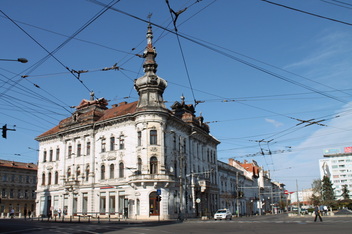 Cluj, Romania Cluj, Romania When asked about the strengths of the communities World Vision works in, Eni mentioned:
And some of the challenges...
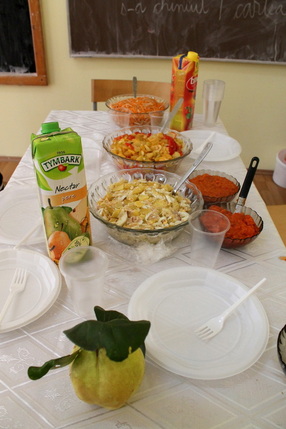 Our meal Our meal Meeting Emma and Sharing a Meal Once we arrived in Fundătura we were warmly greeted by two additional World Vision employees who live in that village. These employees know the communities intimately and are a liaison between community members and other staff such as Eni from. They help with mobilizing locals, organizing community meetings, implementing programs, and coordinating sponsorship. The four of us met in a classroom of a local school and shortly after arriving Emma and her father joined us too. One of the World Vision employees made some delicious traditional Romanian food for us for lunch – my favorite was the zacuscă, a vegetable spread. Being able to share a meal with Emma, her father, and the WV employees was such a privilege and special experience for me. To eat together, to pray together, and to get to know one another was a blessing. There is something about breaking bread together that creates mutuality, too. Emma spoke a bit of English, but mostly we translated through Eni. As we ate we asked each other questions about our lives, families, hobbies, and schools. Emma is thirteen and in 7th grade. She’s an only child, which is not uncommon Eni said, because families often choose to have less children since it can be difficult to provide for them, especially when it comes to education. However Emma mentioned how close she is with her parents and her grandmother, who also lives with them. We talked quite a bit about education in Romania. Emma told me how her academics are pretty intense so she spends most of her free time studying. This does pay off, though, because she is one of the best students in her class (she proudly told me that she got 9/10 on two recent exams). However Emma’s dad said that he and her mom value other, non-academic experiences as well so she recently signed up to start playing basketball too. In school, Emma’s favorite subject is math and she said she might want to study that if she goes to university one day, although for now focusing on getting into high school is enough to think about. When she does have free time, Emma likes to read and draw. In some of the letters she has sent me, she has included beautifully drawn pictures – particularly of ornate ball gowns. In addition to her interest in math, she also likes fashion design (which I loved when I was her age)! We exchanged gifts at the end of our time together and she gave me some yummy homemade zacuscă and jam. I gave her a small photo album to share with her a bit about my family, home, and life. It was a beautiful afternoon. Child Sponsorship: Effective Development or Paternalism? Child sponsorship is something I’ve grown up around since my parents have been sponsoring kids through World Vision for over 25 years. As I got older I also began writing to the children, praying for them, and contributing financially. Traveling to Burundi with World Vision in 2011, and then interning in their U.S. headquarters, made my attachments to the organization and their work even deeper. But I still have mixed feelings about the sponsorship model. On one hand, it provides a stable source of income for organizations doing good work; funds development projects in the communities where sponsored children live; helps the sponsored child stay healthy, get an education, and increase their access to necessary services if needed; and, among other things, facilitates a relationship between individuals from completely different cultures and backgrounds. I believe these relationships are powerful and can grow our compassion and interest in other cultures and the well-being of our neighbors around the world. On the other hand, child sponsorship, to an extent, feels paternalistic and I’m afraid that it reinforces the "White Savior" complex, blinding us from seeing individuals as equals with their own agency and ability. Although this is improving, the language often used by organizations marketing child sponsorship generally sounds desperate (using words like “rescue”), makes the children look helpless – as if only you can “save” them – and at times is dehumanizing. This isn’t always the case, but it is part of where my discomfort stems from. I also wonder how the children and their families feel about it. First of all, waiting to be picked, to be sponsored… do the children wonder why some of their friends are sponsored and they aren’t? Do the parents feel shameful or embarrassed that some white foreigner has to sponsor and provide for their child? What are their general feelings towards the program? As economist Bruce Wydick asserts, “Indeed, every time we provide something for someone else in need, we send a subtle message to them that we believe they are incapable of providing for themselves" (3). Compassion International, another large, Christian sponsorship organization, currently has a video on their homepage that (although it is meant to be a marketing piece) in a way exemplifies one negative side of sponsorship. In the video a young girl shares that, “My friends have all received their sponsors, so my heart feels sad because I don’t yet have a sponsor of my own.” The video ends joyfully and tearfully as the girl receives a sponsor and the family is overcome with gratefulness, but the sentiment of inequality between the girl and her friends and the implicit suggestion that she was "saved" by her blonde new sponsor I can’t shake. I'm not trying to pick on Compassion, I often see advertisements from World Vision that also make me cringe. And I sympathize with them, non-profit marketing raises many ethical issues, and it is often hard to market well and maintain dignity while still raising money. Despite the issues the child sponsorship model raises, I do believe there is a role for it. For example, recent research by the University of San Francisco, which specifically studied Compassion International, concluded that child sponsorship is one of the most effective ways to fight poverty (3). Their research “reveals that sponsored children are more likely to graduate both secondary school and college, have salaried employment, and be leaders in their communities” (3). It also was shown that sponsored children consistently have much higher expectations for their own schooling than unsponsored children (4). More subtle benefits were observed as well, such as, odd as it may sound, an increase in hope: “…Poverty causes children to have very low self-esteem, low aspirations… Sponsorship expands children's views about their own possibilities. Many of these children don't think they are capable of much. We help them realize that they are each given special gifts from God to benefit their communities, and we try to help them develop aspirations for their future” (4). The report, as reviewed in Christianity Today, concludes that “the key to ending poverty resides in the capacity of human beings,” and sponsorship, when done well, can help call out and develop that capacity through “nurturing of self-worth, self-expectations, dreams, and aspirations” in combination with greater educational attainment (4).
The report shows that sponsorship can indeed be effective and meaningful and that, as an organization, Compassion is successfully meeting their goal of releasing children “from their spiritual, economic, social, and physical poverty” (5). Sometimes Compassion and World Vision can be seen as competitors, but I affirm both of their work to the extent of my knowledge. For those who are curious, the main difference between Compassion and World Vision’s sponsorship models is that World Vision uses the money from sponsors to benefit the entire community the child lives in (including unsponsored children), whereas Compassion focuses the money raised more exclusively on the child sponsored. I personally prefer World Vision's model since it is more holistic approach and fosters less (potential) division between sponsored vs. unsponsored children, but again, both organizations are worth supporting. Our group is traveling this weekend to Lupeni, Romania where we will spend time with New Horizons Foundation. My heart for Romania is continuing to grow and I’m full of hopeful anticipation for this upcoming trip, the things I will learn about sustainable development from New Horizons, and how God will work in me through these experiences. Thank you so much to all of you who have been following my journey while abroad! I'm thankful for you.
0 Comments
Leave a Reply. |
Archives
May 2017
|
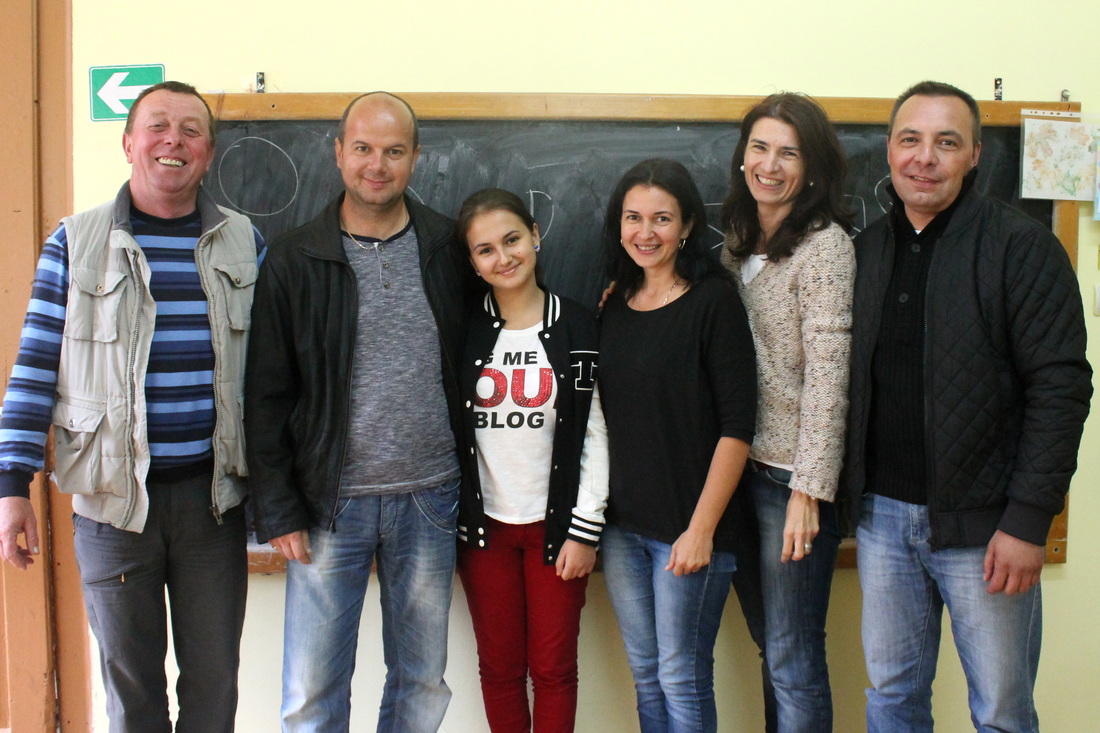
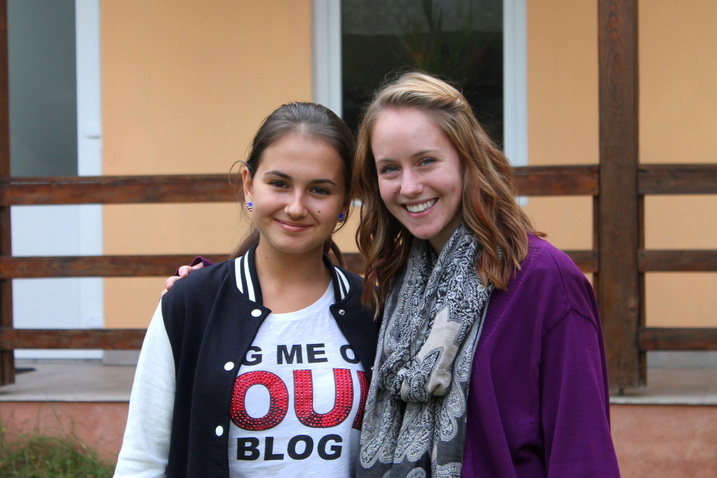
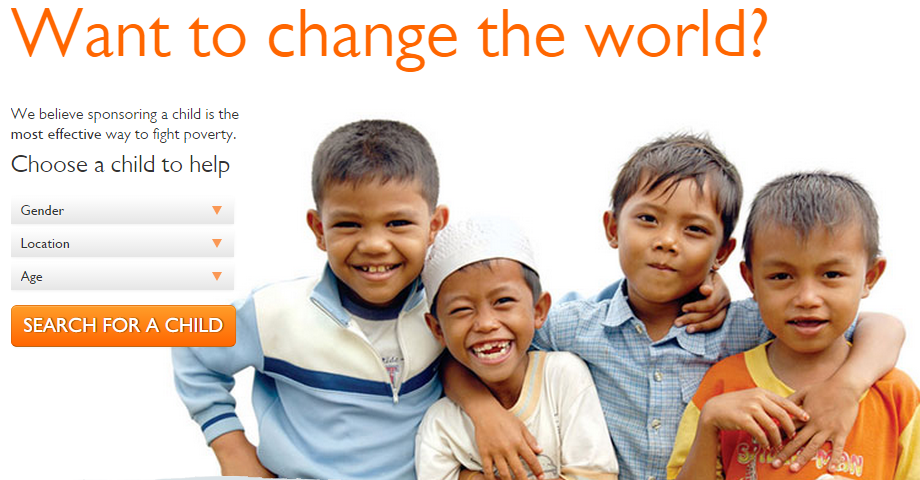
 RSS Feed
RSS Feed
